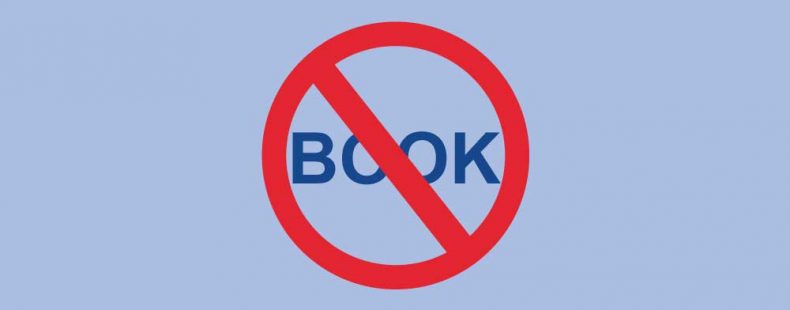In 2012, Facebook’s user agreement set off some red flags.
When users logged into their Facebook accounts, they agreed that: “You will not use our copyrights or trademarks (including Facebook, the Facebook and F Logos, FB, Face, Poke, Book and Wall), or any confusingly similar marks, except as expressly permitted by our Brand Usage Guidelines or with our prior written permission.”
What does that legalese mean?
Basically, if you log into Facebook, you are no longer allowed to use the word book without checking with the lawyers at Facebook first.
This is a very aggressive move. By inserting a general word like book into their list of trademarked words, what is Facebook trying to do?
Some history about trademarks
There are two ways that trademarks arise. If you ever see the letters TM after a name, this stands for trademark. However, it specifically refers to an unregistered trademark, which is honored because of its ubiquitous use. Unregistered trademarks are typically limited to their geographic area. If you open a restaurant in Chicago and call it Sally’s Diner(TM), you cannot sue a restaurant in Dallas that is also called Sally’s Diner. This is tricky because Facebook is a global business, so their geographic area is unlimited.
If you see the symbol that is an R in a circle, ®, that means it is a registered trademark. Registered trademarks are more likely to stand up in court than unregistered ones. Facebook has registered trademarks for the words like, wall, and face, but it is unlikely that the US Patent and Trademark Office would ever grant a registered trademark to a common word like book. In fact, also in 2012, an education company attempted to register an official trademark for the word book, but they withdrew their application after a hearing with the Trademark and Trial Appeal Board.
So, it appears that Facebook is trying to wiggle around an official trademark registration of the word book. The company did not file an application to officially register the word book in the US, though they have an application pending in the EU. Rather, by slyly inserting this new line into their user agreement, Facebook is trying to establish an unregistered trademark of the word book over time.
What about companies that use –book?
This is a big deal because Facebook aggressively pursues infringement of its copyright. In 2010, Facebook sued and successfully shut down a startup travel website called Placebook. Then, in 2011, Facebook sued a teacher-and-student site called Teachbook. Facebook eventually dropped its suit, when the company agreed to move forward with the new name TeachQuest.














